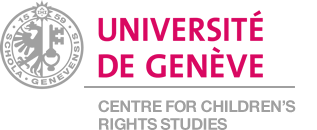Asking for Parental Consent in Research on Exposure of Children to Violence - Roth, M.; Voicu, C.; David-Kacso, A.; Antal, I.; Muntean, A.; Bumbulu, S.; Baciu, C.
Based on the principles of United Nations Children’s Rights Convention (CRC) and the data collected by the Balkan Epidemiologic Study on CAN (BECAN, an EU’s FP7 funded project, http://www.becan.eu), we argue that similar to adults, children should be granted the right to decide on their participation in research on violence. We have a human rights approach: in the first part of the paper we discuss children’s competence, their right to privacy and to give informed consent, as well as their need to be protected against any harm possibly caused by their participation in research. The second part of the paper is focused on the specific ethical considerations and the procedures of consent followed in the BECAN project. Along this research project the Romanian team has been confronted with a large number of parental refusals, which resulted in the exclusion of 29.39% of 5th graders and 24.56% of 7th graders, due to parental gate-keeping. However, less than 1% of the children have refused to participate. In the third part we present children’s views on their involvement in research that asks about their exposure to violence. We set up focus-groups with children same age as those involved in the BECAN research. Responses generally favor the opinion that children from all three age-groups should decide on their own if they want or not to take part in a survey on such a subject. We conclude that in order to understand the multiple facets of children’s victimization we cannot avoid involving children in research.
